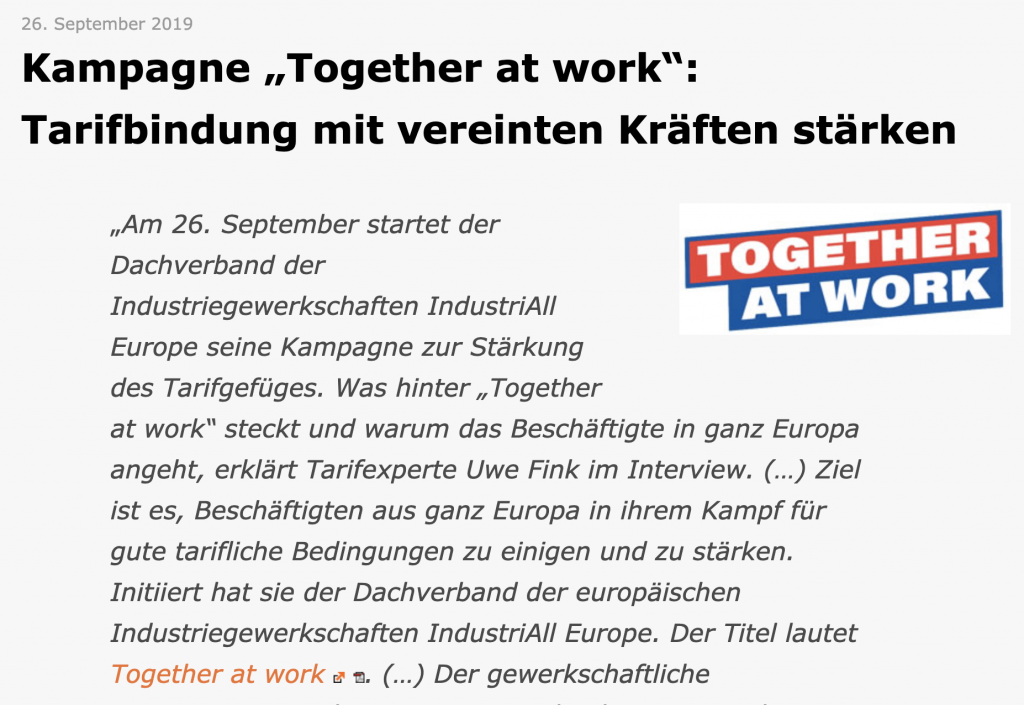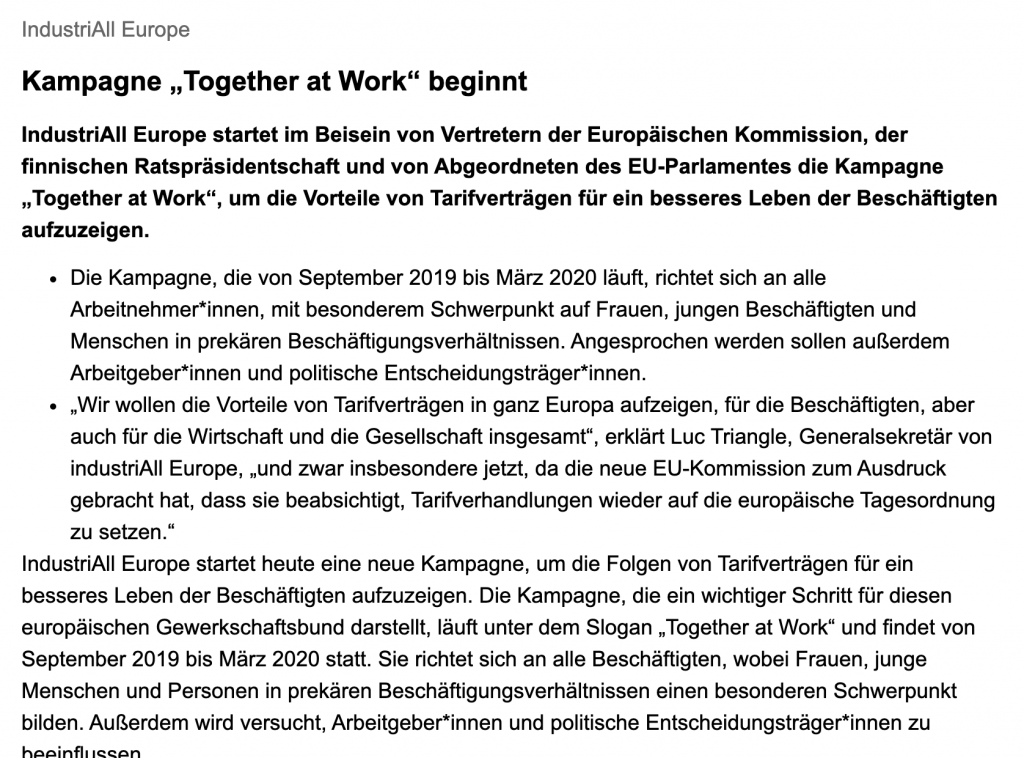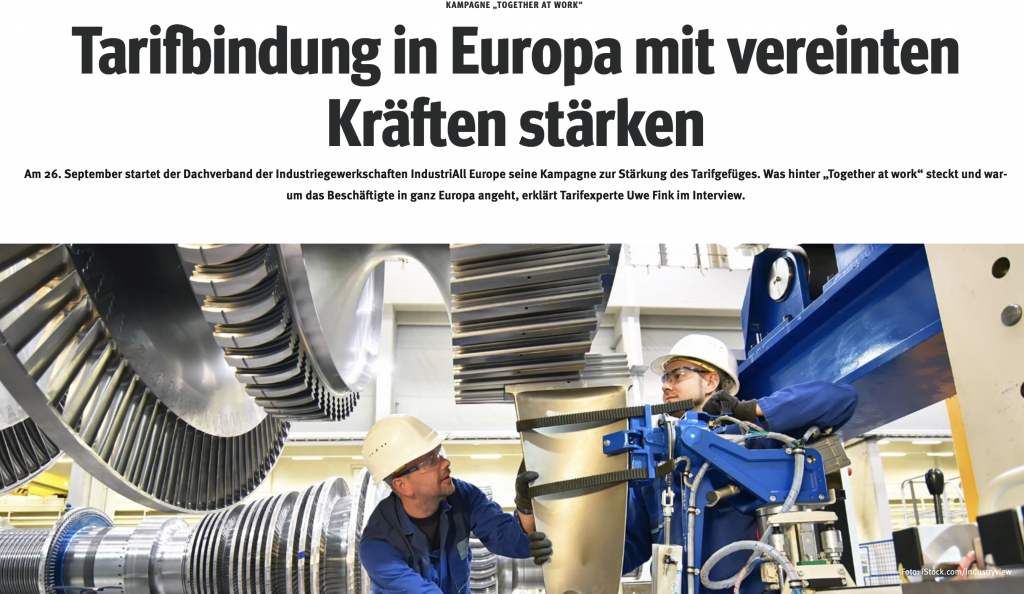Germany: Strengthening Union Power and Political Support for Bargaining
In Germany, the process of decentralising the collective bargaining system also began after an economic crisis, but in this case, it was the one that followed the reunification of the country in the 1990s. In the period between the 1950s and mid-1990s, between 80 and 90% for all workers were covered by a collective bargaining agreement, as a result of the inclusive collective bargaining system. However, since the mid-1990s, there has been a continuous decrease in coverage leading to erosion: in 2018, only 46% of workers throughout Germany were still covered by a collective agreement. During the same period, German unions also lost members, with union density decreasing from 32% in 1993 to around 17% in 2016 (OECD) over all sectors on average. In 2018, with 59% of all employ- ees but only 28% of companies covered by a sectoral collective agreement or company agreement, the manufacturing industry in West Germany was above this average level. Two conclusions stand out: that the larger the company, the higher the unionisation rate and that after reunification, collective agreements were not as successful in the East as in the West of Germany. After the reunification boom, up until the mid-2000s, Germany suffered from weak economic performance and had one of the highest unemployment rates in Europe. The prevailing opinion was that this economic weakness was due to the “overregulation” of the labour market. Employers especially criticised the system for not allowing enough flexibility at company level. It was in this context that the decentralisation of collective bargaining began, with sectoral agreements increasingly including “hardship” clauses, whereby companies obtained the right to derogate from sectoral standards in exchange for the safeguarding of jobs. However, over time, the criteria for activating these clauses were no longer restricted to the danger of bankruptcy, but were extended to all kinds of situations, including improving competitiveness.
The worst hit came in 2003 when the Red-Green government announced its notorious Agenda 2010 which included a comprehensive programme for weakening labour market regulation. The former Chancellor, Gerhard Schröder, threatened to intervene in collective bargaining through the introduction of a statutory opening clause if the bargaining parties were not able to reach an agreement themselves on more opportunities for companies to derogate from sectoral agreements. In 2004, in order to avoid this, IG Metall (the biggest trade union in the metal sector) and Gesamtmetall (the biggest employers’ association) concluded the Pforzheim Agreement which created space for companies to derogate from sectoral agreements whilst maintaining social-partner control over the process. The implementing rules and the limitation of the duration of the derogations allowed both to stabilise sectoral collective agreements and secure jobs.
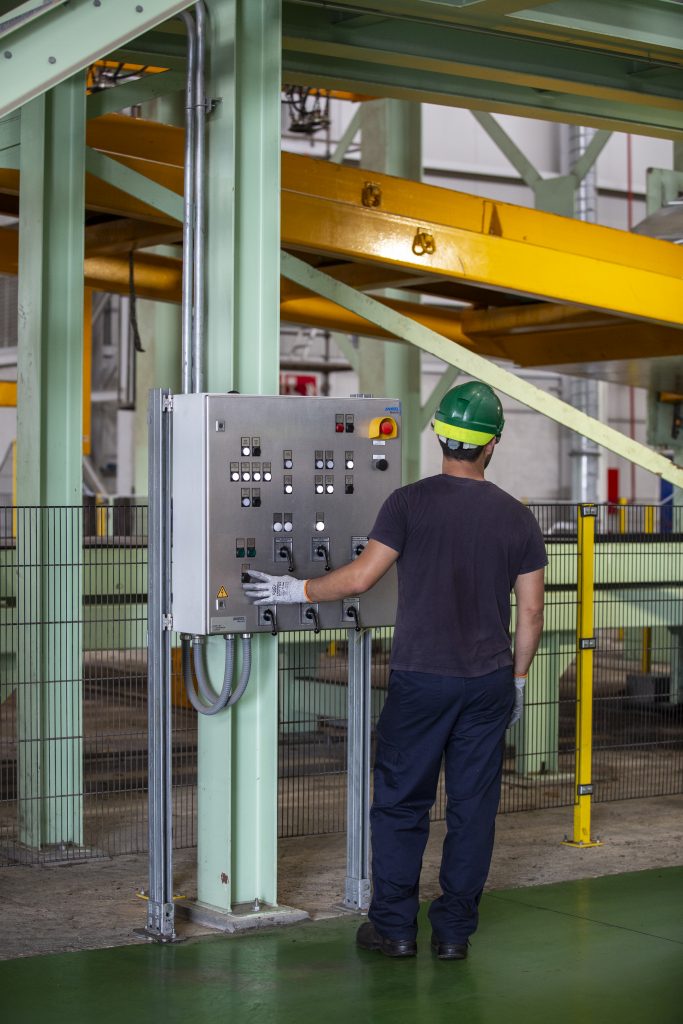
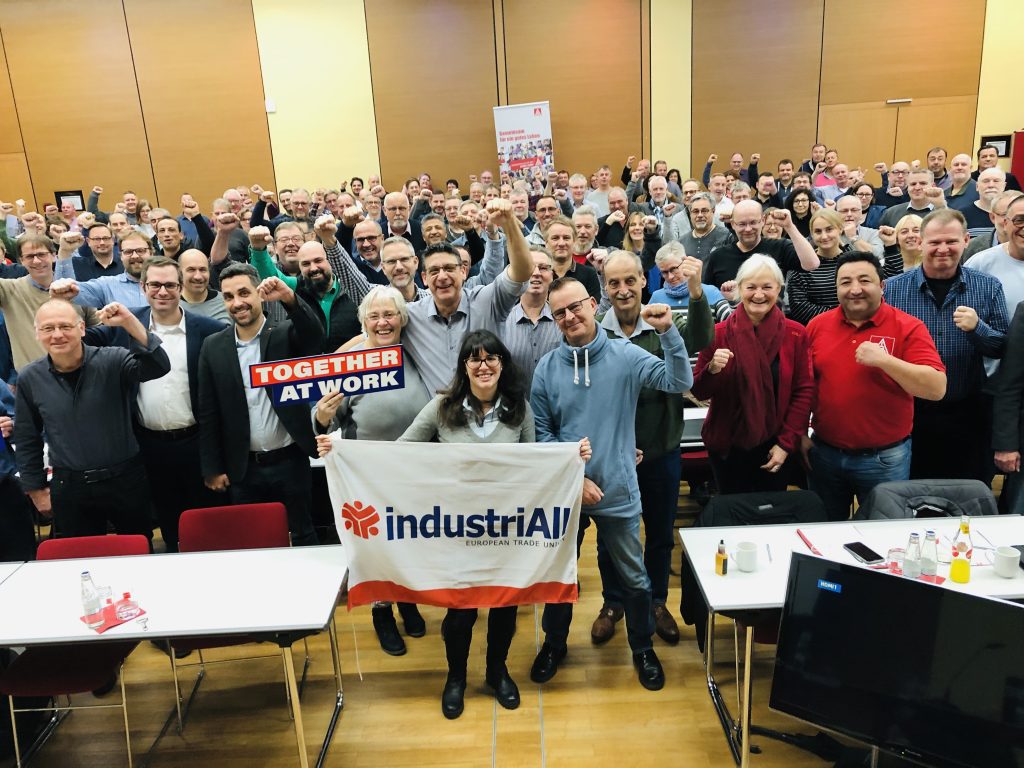
The 2008 crisis hit the metal industry hard, as orders and production fell dramatically and employers demanded wage restraint. Meanwhile, unions felt that job security was the priority whilst also refusing wage freezes. In this context, many companies resorted to the regulation of short-time work, which had been extended under pressure from trade unions and employers specifically because of the crisis. Temporary working-time reduction models were also used to ensure employment in times of underuse of the facilities. These instruments for reducing working time have yielded positive results, particularly in the steel industry.
Generally speaking, the major German industry unions, such as IG Metall and IG BCE, are working to strengthen collective bargaining by strengthening the power of unionisation. Experiences with this approach have proven positive. Companies without a collective agreement were led to reach a company agreement (as a platform) and/or pushed to join the employers’ association, or those companies wishing to leave were retained in the employers’ association.
Collective agreements fulfil a wider social function of regulating working conditions and, in this way, perform a wider public service. The benefits for society as a whole are especially visible in Germany, where studies have identified the decline in bargaining coverage as the single most important reason for the growing wage inequality.
The German Structure of Earnings Survey shows a close relationship between collective bargaining coverage and wage levels: workers in the two lowest earning quintiles have a coverage of only 27%, in contrast to 66% of workers in the highest wage quintile. It is therefore also the responsibility of the state to ensure favourable conditions for bargaining.
In Germany, the autonomy of the social partners is critically important, particularly in view of negative experiences, due to the intervention of authoritarian regimes (binding arbitration under Chancellor Brüning, wage setting by the state under the fascist dictatorship). In contrast, there is nothing against trade unions also securing political support to strengthen collective bargaining. Chancellor Angela Merkel spoke at the IG Metall and IG BCE Congresses in favour of strengthening collective bargaining and pledged to support trade unions in this regard.
In sectors where trade union organising power is weak, collective bargaining can also be supported by policy instruments. One major instrument is the extension of agreements to otherwise uncovered firms, what we call a legally binding declaration, like in Belgium, France, Netherlands or Finland. The various German unions have been demanding political measures to strengthen collective bargaining. These calls seem to be reaching the ear of political actors.

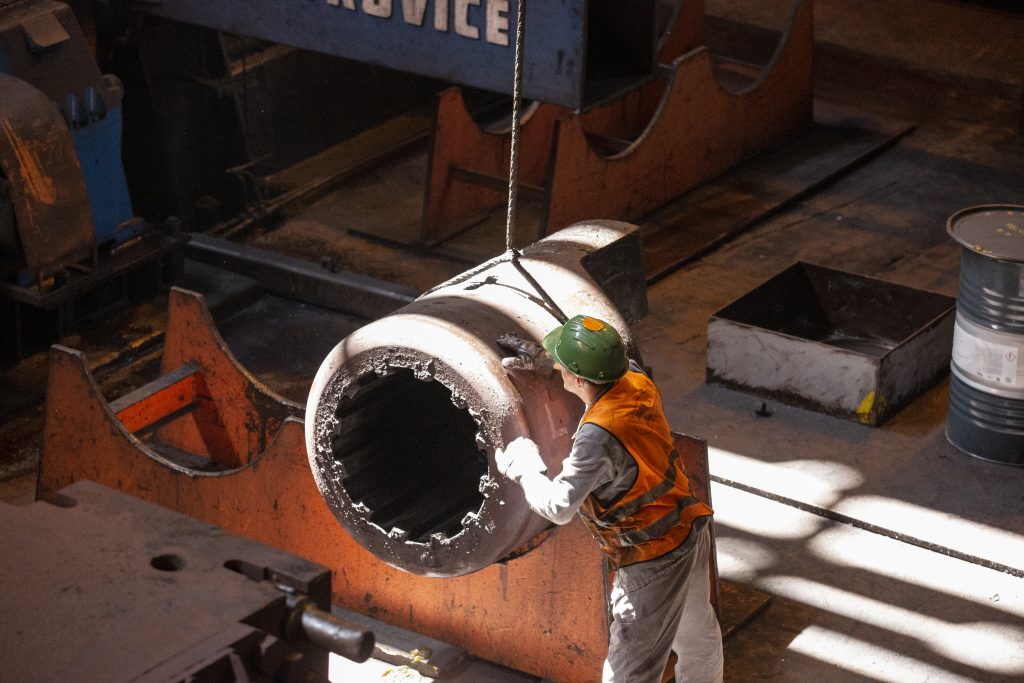
In 2014, the “law for the strengthening of collective-bargaining autonomy” included a legal package that introduced a statutory minimum wage and facilitated the extension of collective bargaining:
- the statutory minimum wage has been regarded as an instrument to strengthen bargaining, as it establishes a general wage floor, limiting the downward pressure on collective bargaining. But obviously in some sectors, employers saw the mini- mum wage as a substitute for collective agreements;
- the high precondition of extending sectoral agreements only if it already covered 50% of all workers has been replaced with a vaguer provision that the agreement must be of ‘predominant importance’;
- however, no change in the rule that extension needs to be approved by the Nation- al Collective Bargaining Committee where three representatives from both unions and employers all have veto powers.
The strengthening of trade union power and their strength of conviction are basically the most lasting instrument for strengthening collective agreements.
